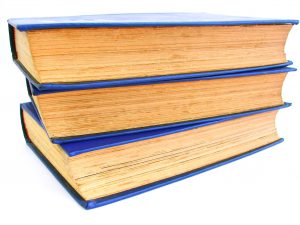The likelihood is that all of us will have read a translated book at some point of our lives, even if it was just a fairytale in our younger years. We often discuss translation, and ‘transcreation’, with our clients and fellow translators. This is because, as readers, we tend to spend little time thinking about the challenges a translator may have faced when trying to translate the text we are inwardly digesting.
of us will have read a translated book at some point of our lives, even if it was just a fairytale in our younger years. We often discuss translation, and ‘transcreation’, with our clients and fellow translators. This is because, as readers, we tend to spend little time thinking about the challenges a translator may have faced when trying to translate the text we are inwardly digesting.
It is far from reassuring that Daniel Hahn, director of the British Centre for Literary Translation, has described translation as ‘impossible’. But why is it this hard to transfer a story from one language into another? As translators, many of us are accustomed to the widely held assumption that speaking another language makes us naturally able to translate or interpret from that language into our native tongue. The reality is far from this.
While we don’t typically work with literary translations here at Web-Translations, we are certainly familiar with one of its main features: creativity. Many in the translation industry would argue that translating, particularly in the context of literary translation, is an art in itself. In this case, the sentiment can be that a translator should be credited as more than just a translator, but perhaps as a co-author. The same principle can apply when we work on marketing texts that often need to be considerably rethought and rewritten for different target markets. This can involve the search for culturally equivalent references, puns and double entendres that may require hours of research and careful crafting. In this case, a translator is as much a marketing professional as the author of the source text.
Transcreation has become something of a buzz word in the translation industry in recent years, and more and more translators are focusing on becoming transcreation specialists. The priority in this case should always be the target audience and can mean moving away from the source text, sometimes quite significantly. The aim is for the target audience to read the text as completely natural and original; there shouldn’t be even the slightest whiff of translation. A recent story from Spain has highlighted how Ikea has gone as far as to localise their in-store signs into regional dialects, symbolically transforming the company from an international giant to a local and friendly shop purely via word choice. Words have never had more power.
We would certainly agree that all our translators are talented authors in their own right, with this being an essential quality to producing a quality target text. When it comes to any kind of creative writing, this is why it is essential to work with professionals and ditch the machine translations for good!
23 August 2017 11:00
